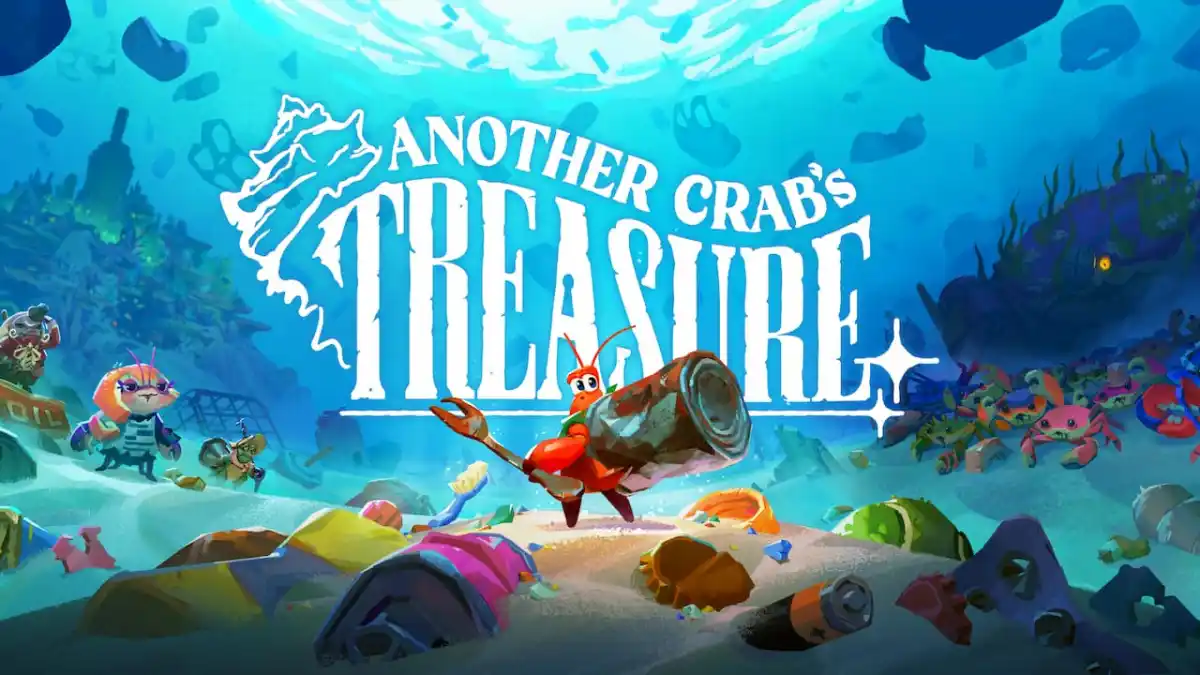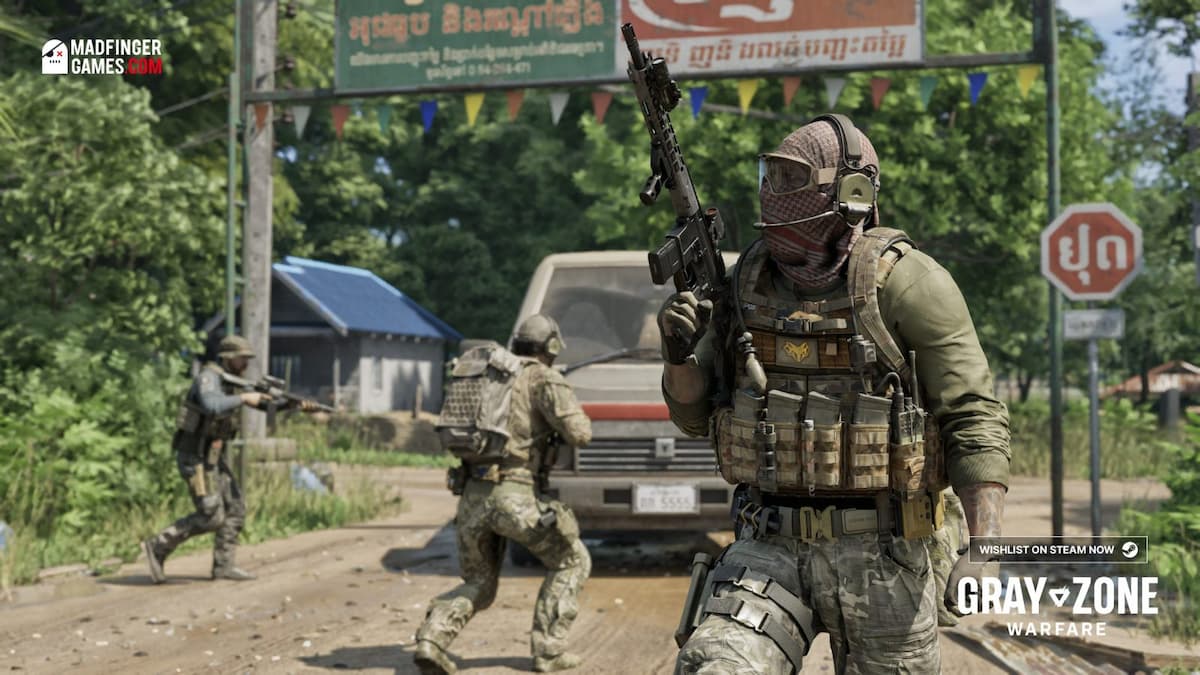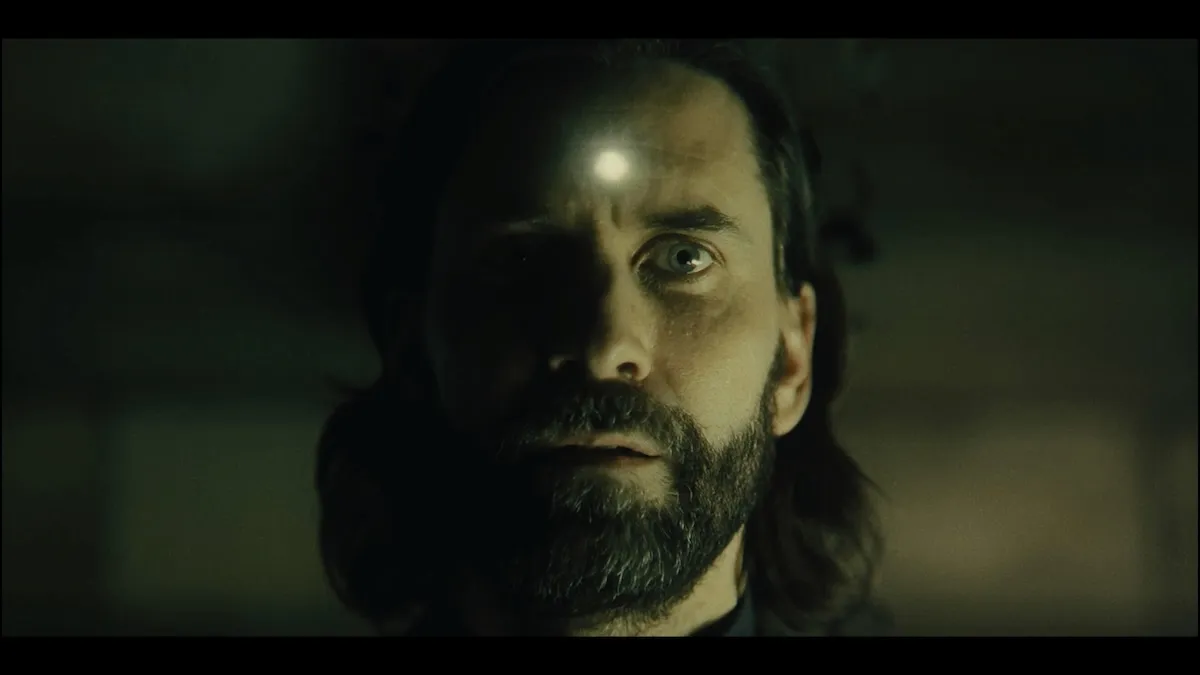
Can videogame storytelling stand up to other mediums? What can we learn about the current narrative potential of games from playing older titles?
To answer these questions, Richard Rouse III of Midway Games formed a discussion panel along with Marc Laidlaw (Valve), Steve Meretzky (Blue Fang), and Ken Rolston (Big Huge Games). Interestingly, rather than talking about their own story-driven titles (I’d cut off Chad’s right hand if it meant I could hear two hours of Marc Laidlaw talking about Alyx Vance), these veteran designers each highlighted two of their favorite story games from the medium’s past.
Even ignoring how goddamn fun it was to watch game designers talk about their favorite games which they had essentially nothing to do with, all four men were refreshingly blunt with each other: Ken Rolston, aged though he may be, has a hell of a lot of bite in him.
Hit the jump for a summary of the talk.
Steve Meretzky went first, highlighting Loom (ask me about it). He cited the game’s great audio and stylish-if-primitive graphics as enhancing the storyline, along with the then-innovative idea of packaging the game with a substantial, very professional 30-minute audio drama which acted as a prologue to the game.
The audio drama was not only entertaining in its own right, Meretzky said, but managed to turn the admittedly impersonal graphics into signifiers of much more important characters and situations. In Meretzky’s words, the computer technology of the time gave Loom creator Brian Moriarty lemons, but “he didn’t use them to make lemonade; he used it to make the nectar of the gods.”
Meretzky finished his first game spotlight with a few Loom-related quotes from Orson Scott Card (“Loom proves that some stories can be told better through the videogame than any other medium”), and then Richard opened up the topic to one of the most hilariously awkward discussions I’ve yet borne witness to at GDC.
After a straight ten minutes of Meretzky praising nearly every aspect of Loom‘s design, Ken Rolston cleared his throat and said that the game was too slow-paced and boring to be fun, and that he didn’t play it for more than two screens.
Rolston looks to Meretzky for a rebuttal.
Meretzky simply stares back, irritated.
Silence falls over the entire room for about three seconds, followed by awkward, uproarious laughter.
From there, it was Marc Laidlaw’s turn and he talked about Thief, citing the great writing, unparalleled atmosphere, characters which were actually integrated with the story, and its interesting use of minimalist, shadow puppet-esque cut scenes.
He spoke of Thief as a game which suberted expectations whenever possible; your objectives would change halfway through a mission just to shock you, and the game dared to be a first-person sneaker in a time of gung-ho gunplay. To Laidlaw, the game melded an oddly transfixing atmosphere (medieval meets steampunk meets the future) with really great writing and innovative gameplay.
Ken Rolston thought the story was irrelevant and just liked beating up people.
After smacking down the previous two game endorsements, it was Rolston’s turn to speak and, as he loaded up a screen from Planescape: Torment, he didn’t disappoint. Rolston was completely unapologetic in pointing out the game’s flaws; he found it incredibly slow, and described the significant amount of dialogue and text “gratuitous.” Still, he showed a great deal of appreciation for the fact that Torment actually includes human body parts with exposition carved into them, a colorful mesh of narrative and gameplay, vivid characters, incisive questions about human nature, and a simple-but-interesting morality system which could be explored only through text.
After he was finished, I wouldn’t have been surprised if Rolston called his own choice stupid. But he didn’t.
Rouse went next and talked about BioShock, and cited all the things you’d assume someone would cite about BioShock. After he was done talking, Meretzky stated that he loved the story, but hated the FPS gameplay to the point where after about six hours of play, he simply put the game down and looked up the rest of the story online. This was, without a doubt, one of the weirdest things I had heard all day, until Ken Rolston said that he not only hated the FPS gameplay, but also ignored all the audio logs and story clues, and then stopped playing the game after a fucking hour.
WHAT.
The floor went back to Meretzky, who highlighted a title I’d personally never even heard of: Fool’s Errand, an older Mac game (now playable for free at fools-errand.com). The entire game basically works as one long novel, with each of its chapters broken up by intriguingly clever and original puzzles.
The character of the Fool travels through the world, running into characters from Tarot cards and (assumedly) solving their puzzles to reassemble a map of the world. After completing all the chapters, the player has to assemble the map using clues from the game in order to unlock the ultimate endgame. The game obviously meant a lot to Meretzky, as he called the map assembling puzzle “the most fun couple of hours I’ve spent in front of a computer.”
To Meretzky, Fool’s Errand proved that less is more and you don’t need to have a huge, epic story to house your gameplay.
Next, Rolston went again and highlighted The Chronicles of Riddick: Escape from Butcher Bay, praising its varied gameplay, slick use of a license, and its clever use of occasional 3rd-person view while praising the game’s devotion to developing Riddick as a character and how that portrayal highlighted the importance of character performances in games. After he was done, Meretzky finally got to play the part of the killjoy, pointing out that Riddick was a silly, cliched character whom he didn’t even want to spend time with, much less play as. Laidlaw felt the game wasn’t prison-y enough (“it was like a Canada jail or something”), but he felt the varied gameplay essentially made Riddick “Beyond Good and Evil for boys.”
Laidlaw then talked about Phoenix Wright, specifically discussing the interesting emphasis on plot twists and reversals through cross-examination, and the incredibly rewarding payoff players get from watching a cool, cocky, collected bad guy slowly break down both mentally and physically under pressure as the player makes the right choices. The core mysteries of the game are all related to character, and the animation helps serve as a means to that end.
The others more or less agreed, but found the constant noninteractive text rather boring.
Rouse then talked about Ico, specifically mentioning how the incredible character animation went a long way in defining the characters in this otherwise very minimalist story: you get the impression that Yorda is frail and innocent while Ico is brash and confident simply through the way they move. He also — and I’d never even considered this, despite how much I goddamn love Ico — pointed out that throughout the entire game, Ico constantly has to catch Yorda on ledges as she makes leaps of faith toward him; near the end of the game, however, the roles reverse and Ico has to jump to Yorda, thus paying off that game mechanic in a cool, emotional, and ironic way.
Meretzky felt that of all the games they’d discussed thus far, Ico was undoubtedly the story best suited to being told as a game. Laidlaw praises the game’s purity of design: when you have to catch Yorda and lift her up to keep her from falling into an endless chasm, you have to hold down on the “grab” button continuously, keeping you perpetually involved in the story and characters. If you could just press the button once and watch an animation where Ico simply pulled her up, it’d be noninteractive and distancing.
Their game spotlights done, Rouse returned to the thesis and again asked his panel: can game storytelling stand up to the storytelling in other mediums?
Surprisingly, Meretzky said no, not yet. Rolston said yes, but only to those of us who really deeply care about games; to the mainstream, games still can’t tell stories for crap. Laidlaw said it’s a definite possibility, but we have a long way to go.
Personally, I’m amazed these four designers were so pessimistic about the current state of game narrative; given the games they highlighted and how incredibly efficient each of those games were in developing their themes, I was positive they’d say that games are not only equal to other mediums, but actually superior. Still, perhaps it’s just a case of creative people being critical of their own work — either way, I certainly left the lecture much more confident than the panelists seemed to be.



